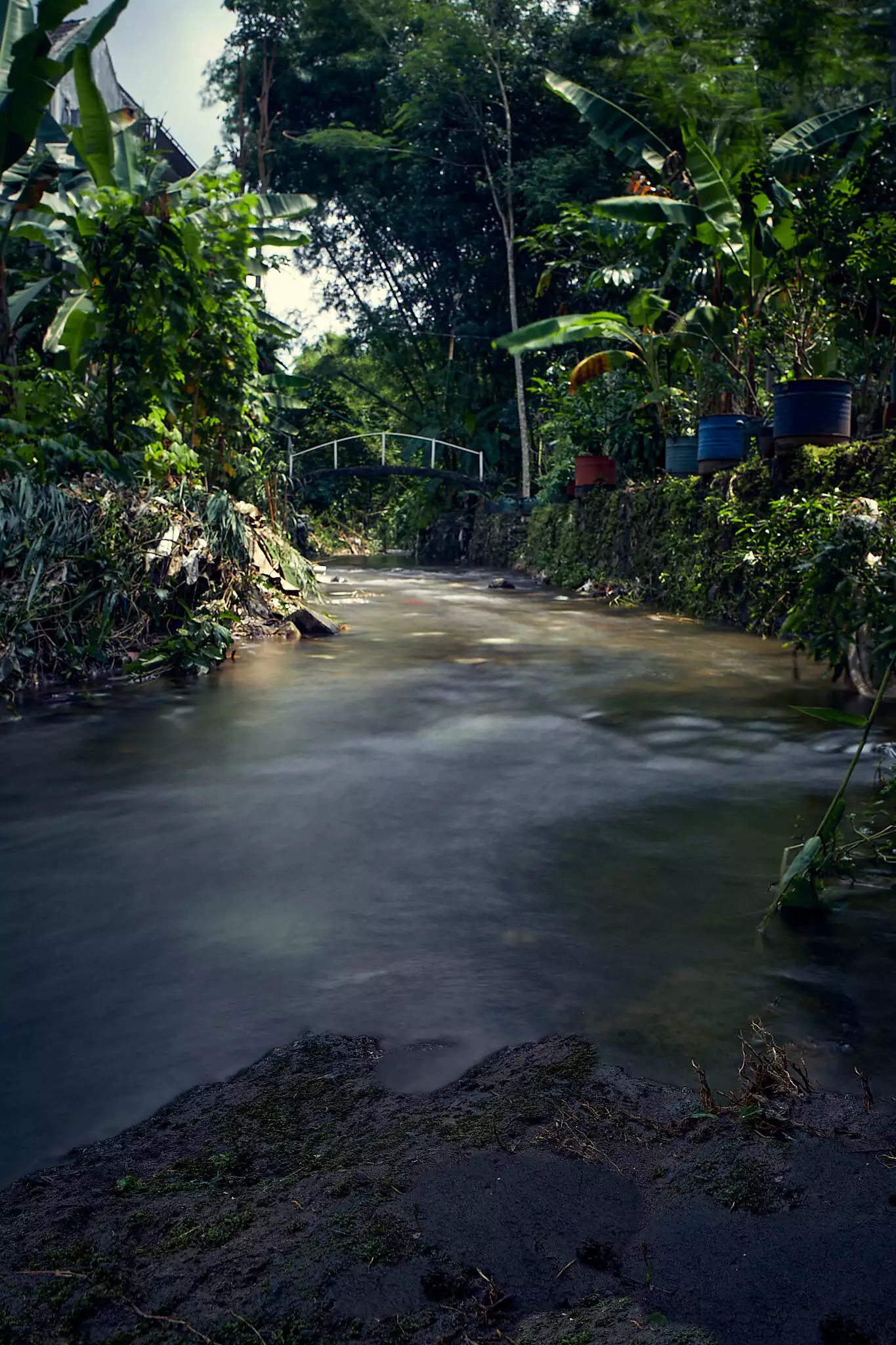#indonesia
West Papua: Once was Papuan Independence Day, now facing ‘ecocide’, transmigration
Asia Pacific Report
On Papuan Independence Day, the focus is on discussing protests against Indonesia’s transmigration programme, environmental destruction, militarisation, and the struggle for self-determination. Te Ao Māori News reports.
(Text continues underneath the photo.)
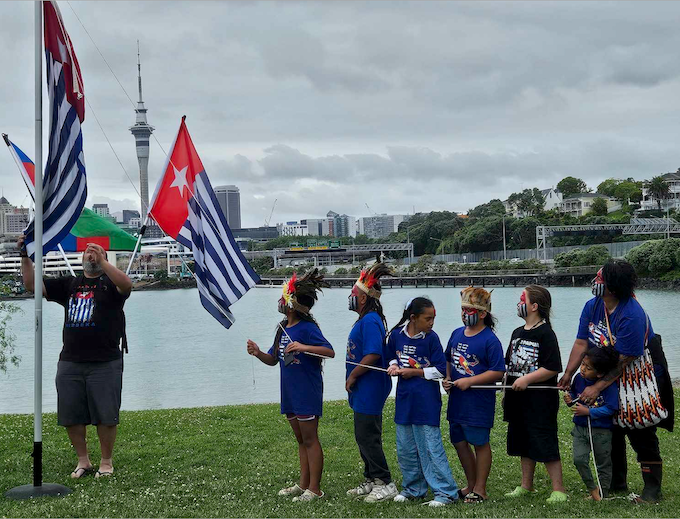
Tamariki raising the West Papuan independence flag Morning Star - banned by Indonesian authorities - at St Marys Bay, Auckland Tāmaki Makaurau, today. Image: David Robie/Asia Pacific Report.
On 1 December 1961, West Papua’s national flag, known as the Morning Star, was raised for the first time as a declaration of West Papua’s independence from the Netherlands.
Sixty-three years later, West Papua is claimed by and occupied by Indonesia, which has banned the flag, which still carries aspirations for self-determination and liberation.
The flag continues to be raised globally on December 1 each year on what is still called “Papuan Independence Day”.
Protests have been building in West Papua since the new Indonesian President Prabowo Subianto announced the revival of the Transmigration Programme to West Papua. (...)
The transmigration programme began before Indonesia gained independence from the Dutch colonial government, intended to reduce “overcrowding” in Java and to provide a workforce for plantations in Sumatra.
After independence ended and under Indonesian rule, the programme expanded and in 1969 transmigration to West Papua was started. (...)
Papuans believe this was to dilute the Indigenous Melanesian population, and to secure the control of their natural resources, to conduct mining, oil and gas extraction and deforestation. (...)
The ecology in West Papua was being damaged by mining, deforestation, and oil and gas extraction, he said. Mote said Indonesia wanted to “wipe them from the land and control their natural resources”. (...)
> More on West Papua (Diaspora*)
Tags: #indonesia #papua #west_papua #human_rights #discrimination #racism #independence #act_of_free_choice #decolonisation #self-determination #Pacific #melanesia #transmigration

Can't believe it came out 42 years ago: The Year of Living Dangerously
A young Australian reporter tries to navigate the political turmoil of #Indonesia during the rule of President #Sukarno with the help of a diminutive photographer.
A watered down coverage of the horror of #Kissinger orchestrated #military coup on Indonesia and the horror that followed it, turned into a romantic wishy-washy story.
But it is entertaining and you can see some hints of the horror in between the main BS story.
#Politics #History #Movie #Entertainment
https://www.imdb.com/title/tt0086617/
https://www.youtube.com/watch?v=8-JeHJeLgJs
#praveenmohan
Buddhist Stupas Found in Hindu Temple of #Prambanan? #Indonesia’s #Earthquake Effect
“If It’s Not Racism, What Is It?”
Discrimination and Other Abuses Against Papuans in Indonesia.
Human Rights Watch
(...) The Indigenous Papuan population of Indonesia has long encountered racial discrimination based on their ethnic origin, including from government agencies and institutions, as well as in laws and regulations. Ever since the Netherlands turned over West Papua to the newly independent government of Indonesia following a deeply flawed United Nations resolution in 1969, many Papuans have sought independence – primarily peacefully but also through the force of arms – from Indonesian rule.
(Text continues underneath the photo.)

A member of the Papuan Student Alliance (AMP) holds a placard that reads “End racism against Papuan people” in Indonesian during a demonstration to commemorate the 62nd anniversary of the New York Agreement between the Netherlands and Indonesia in Bandung, West Java, August 16, 2024. © 2024 Dimas Rachmatsyah/ZUMA Press Wire/Shutterstock.
The Indonesian government has responded with numerous grave abuses by the government security forces, the isolation of West Papua from the rest of the world, and the arrest, prosecution, and long prison terms for Papuan activists who have peacefully called for independence or other forms of self-determination. The Indonesian authorities have encouraged tens of thousands of non-Papuan families to work and to settle in West Papua, which has driven many Indigenous Papuans from their land.
The resistance of Papuans and many non-Papuans in Indonesia to discrimination took on a new dimension following an August 17, 2019 attack by security forces on a Papuan student dormitory in Surabaya, Indonesia’s second largest city, in which the students were subjected to racial insults. (...)
Human Rights Watch takes no position on claims for independence in Indonesia or in any other country. We support the right of everyone to peacefully express their political views, including for independence, without fear of arrest or other forms of reprisal. The Indonesian government has legitimate security concerns in West Papua stemming from Papuan militant attacks. But these provide no justification for the government’s failure to uphold international human rights and humanitarian law prohibitions against arbitrary arrest and detention, torture and ill-treatment of persons in custody, and unlawful killings.
This report profiles cases of Papuan activists convicted after the Papuan Lives Matter protests, and also describes ongoing human rights violations rooted in racial discrimination, in particular, the right to education and to the highest attainable standard of health. We also documented recent abuses by security forces and Papuan militants during the ongoing conflict. (...)
Tags: #indonesia #papua #west_papua #human_rights #discrimination #racism #independence #act_of_free_choice #decolonisation #self-determination #Pacific #melanesia
Indonesian tribe digs up corpses and lights cigarettes for them

https://www.news.com.au/world/asia/indonesian-tribe-digs-up-corpses-and-lights-cigarettes-for-them/news-story/2e8a2211d1425e7d426523647c4a3b85
#indonesia #TorajaTribe
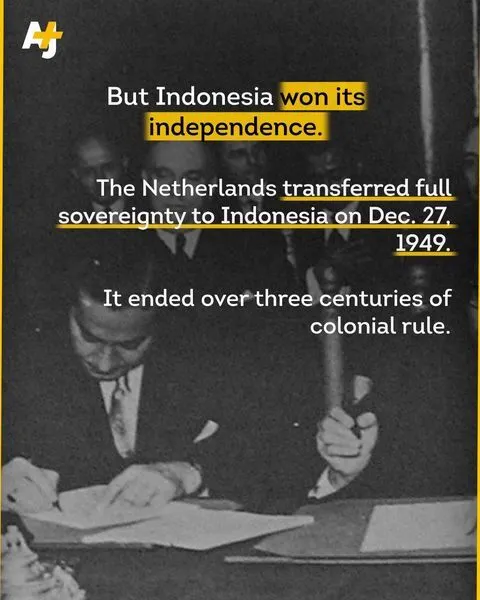


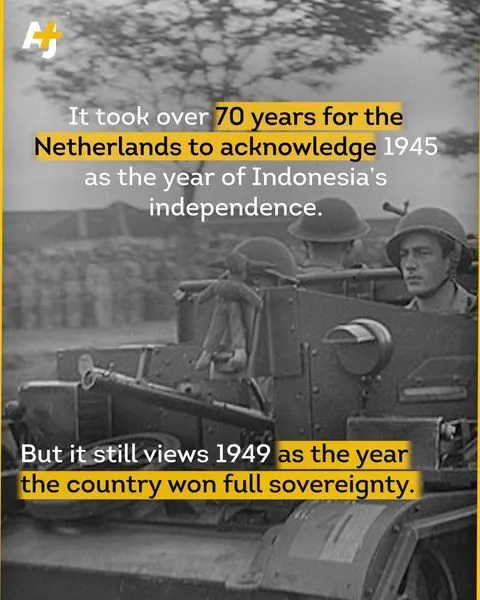
In 1945, Indonesian revolutionaries declared independence after three centuries of Dutch colonization.
The #Netherlands responded with a brutal war that lasted from 1945-1949 and killed around 100,000 Indonesians.
The Netherlands eventually transferred full sovereignty on Dec. 27, 1949 – the date they have for decades recognized as #Indonesia’s Independence Day.
In 2022, a study found that Dutch forces committed widespread “war crimes” during the war, prompting then-Prime Minister Mark Rutte to apologize.
The following year, Rutte recognized Indonesia’s 1945 Independence Day – but the statement did not change the Dutch view that Indonesia only became fully sovereign in 1949.
Many Indonesians argue that without reparations and changes in how the Netherlands teaches its role in the colonization of Indonesia in schools, the apology and recognition are insufficient.
""The study, based on research featured in a Netflix documentary, fueled debate over a site that is used for Islamic and Hindu rituals.

The American publisher of a study that challenged scientific orthodoxy by claiming that an archaeological site in #Indonesia may be the #world’s “ #oldest #pyramid” says it has been retracted.
The October 2023 study in the journal Archaeological Prospection made the explosive claim that the deepest layer of the site, #GunungPadang, appears to have been “sculpted” by humans up to 27,000 years ago.
The study’s critics say that it incorrectly dated the human presence at Gunung Padang based on radiocarbon measurements of soil from drilling samples, not artifacts. The journal’s American publisher, Wiley, cited that exact reasoning in the retraction notice it issued on Monday.
Gunung Padang is widely considered a dormant volcano, and archaeologists say that ceramics recovered there so far suggest that humans have been using it for several hundred years or more — not anything close to 27,000 years. The pyramids of Giza in Egypt are only about 4,500 years old.
The retraction, based on a monthslong investigation, said that the study was flawed because its soil samples “were not associated with any artifacts or features that could be reliably interpreted as anthropogenic or ‘man-made.’”
Some archaeologists said in interviews that they welcomed the retraction. But the study’s authors called it “unjust,” saying in a statement on Wednesday that their soil samples had been “unequivocally established as man-made constructions or archaeological features,” in part because the soil layers included artifacts.
“We urge the academic community, scientific organizations, and concerned individuals to stand with us in challenging this decision and upholding the principles of integrity, transparency, and fairness in scientific research and publishing,” the authors wrote.
The study’s lead author, Danny Hilman Natawidjaja, an earthquake geologist, did not immediately respond to a request for comment. Neither did Wiley or the editors of Archaeological Prospection, Eileen Ernenwein and Gregory Tsokas.
One prominent supporter of Mr. Natawidjaja’s research, the journalist Graham Hancock, said in a statement he did not see the retraction as “fair, justified or good science.” He said that instead of issuing a retraction, the journal should have published critiques of the paper, a move he said would have allowed readers to make up their own minds.
“Science should not be about suppression,” said Mr. Hancock, who interviewed Mr. Natawidjaja for an episode about Gunung Padang on “Ancient Apocalypse,” his 2022 Netflix documentary series.
The Society for American Archaeology has said that Mr. Hancock’s Netflix show “devalues the archaeological profession on the basis of false claims and disinformation.” He has vigorously rejected that argument, arguing that archaeologists should be more open to theories that challenge academic orthodoxy. Netflix did not respond to a request for comment on the retraction.
People from Indonesia have long traveled to Gunung Padang, a hilltop site dotted with stone terraces, to hold Islamic and Hindu rituals. A domestic narrative portraying it as a very, very old pyramid had support, and financing, from the central government during the administration of President Susilo Bambang Yudhoyono, who left office in 2014. His successor, President Joko Widodo, cut off the funding.
Archaeologists said in interviews on Wednesday that they welcomed the retraction.
One of them, Noel Hidalgo Tan, an archaeologist in Bangkok who had relayed his concerns about the study to Wiley, said that he considered the retraction “entirely appropriate” because the study’s evidence did not support its conclusions.
“It was unfortunate that the paper had to get to this stage,” said Dr. Tan, who works at the Southeast Asian Regional Center for Archaeology and Fine Arts. “But it was better to be retracted than to have nothing said about it at all.”
Dwi Ratna Nurhajarini, the head of the Cultural Heritage Conservation Office in West Java Province, the location of the site, said the study’s conclusions should be re-examined in light of the retraction.
“The structures at Gunung Padang are indeed layered and terraced, reminiscent of civilizations from Indonesia’s distant past,” she said by phone on Wednesday. “But their age might not be as old as suggested.”"
Source: https://youtube.com/watch?v=E_PFsuD8HPw
Cybercriminals give away keys and apologize
Source: https://infosec.exchange/@AlvieriD/112712671487465386
https://www.youtube.com/watch?v=5aZcPdJqNXU
#praveenmohan Decoded the mystery behind Hindu superstition in #Prambanan #Temple, #Indonesia.
Why are they worshipping a small, empty chamber?
Why is this temple called Prambanan? #History
Why Are Hindus Blind With Superstition?
https://www.youtube.com/watch?v=FT2gTJW-hnk
#GOLDEN #LINGAM #UNEARTHED IN #INDONESIA - #praveenmohan
16 Oct 2023 ... Archaeologists have unearthed a #strange #temple in a village called Sambisari in Indonesia. But we find something much more fascinating in
https://www.youtube.com/watch?v=50jN3QMI5u0
A #Hindu #Temple #Hidden #Under Islamic #University of .
8 Jan 2024 ... 14 years ago, construction workers were accidentally uncovered a 1200 year old Hindu temple buried under the Islamic University of #Indonesia ...

🇮🇩 To Make Fire
Photo by Pavol Stranak
#PavolStranak #fire #dani #tribe
#portrait #papua #indonesia #photo #art
West Papua: The Torture Mode Of Governance
Counterpunch
Budi Hernawan said it ten years ago: “torture in Papua … has become a mode of governance.” It hasn’t stopped. It’s got worse. It’s got worse precisely because it’s a mode of governance accepted and blessed by the international “community” whose neoliberal politics of extraction means extermination of anything and anyone getting in its way. (...)
West Papuan man filmed being bound and tortured in water-filled barrel allegedly by Indonesian soldiers
The Guardian
Footage allegedly filmed during February military raid in Puncak regency renews calls for international intervention in contested region. (...)
Photo from Counterpunch article:

Photo: Made available by Benny Wenda (President ULMWP)
Tags: #netherlands #papua #west_papua #indonesia #act_of_free_choice #Free_Papua_Movement #Organisasi_Papua_Merdeka #OPM #human_rights #liberation_movement #morning_star #West_Papua_National_Liberation_Army #torture
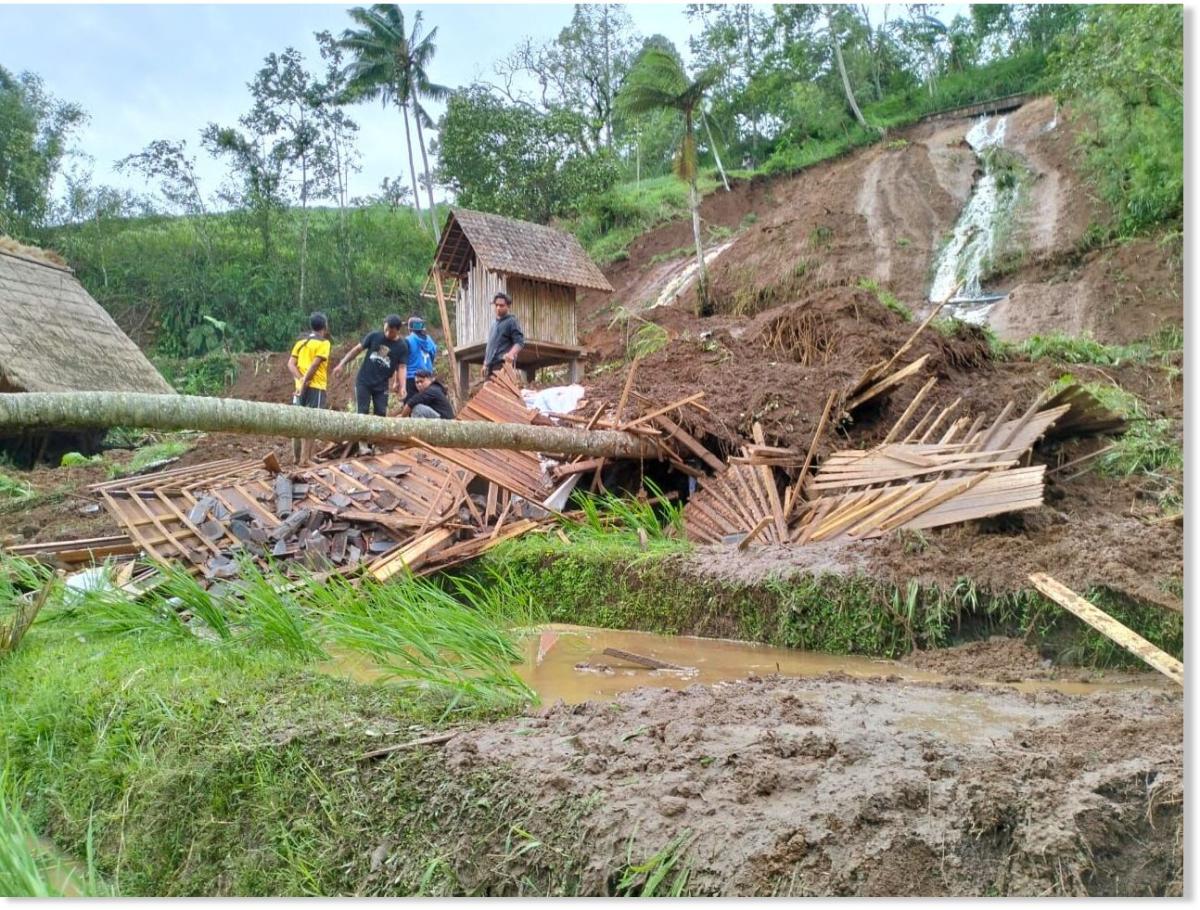
Two tourists killed in landslide that swept away villa in #Bali, #Indonesia
https://www.sott.net/article/489782-Two-tourists-killed-in-landslide-that-swept-away-villa-in-Bali-Indonesia





